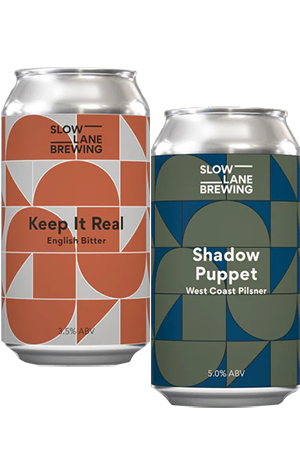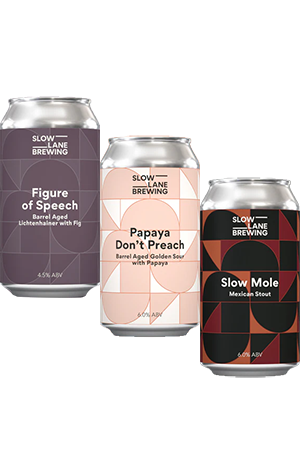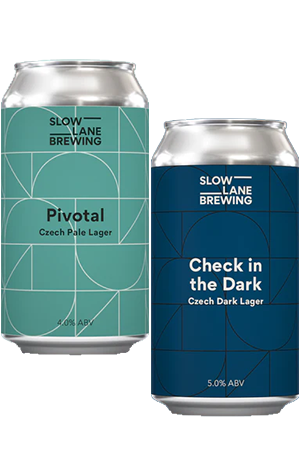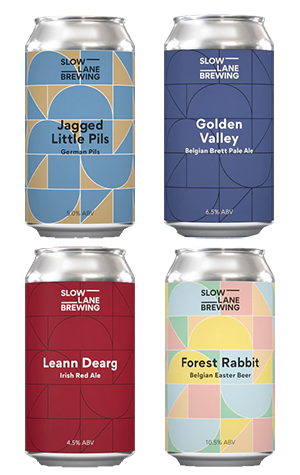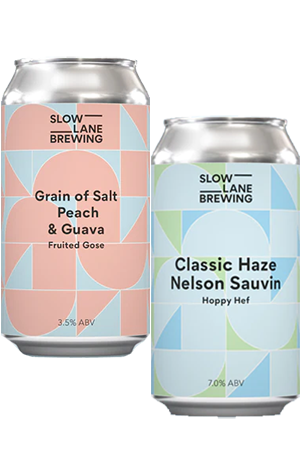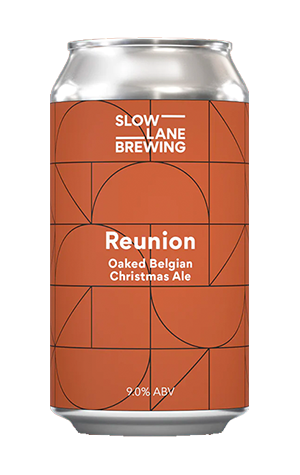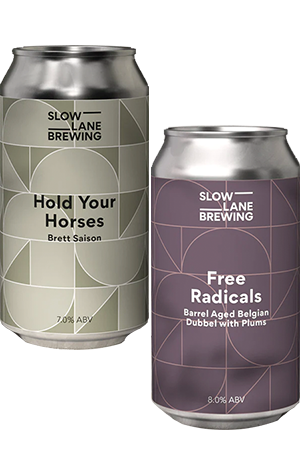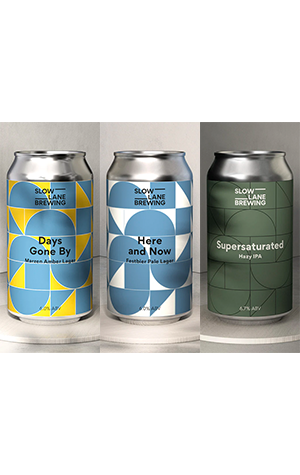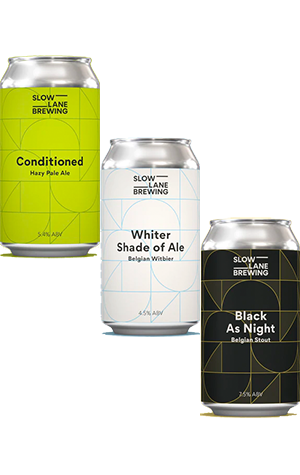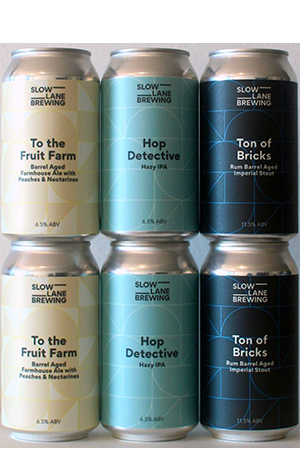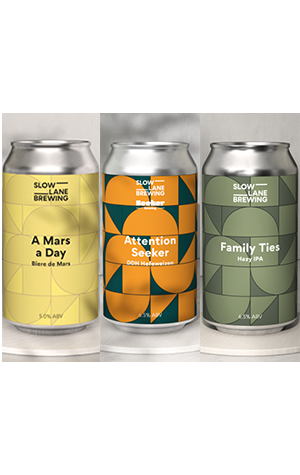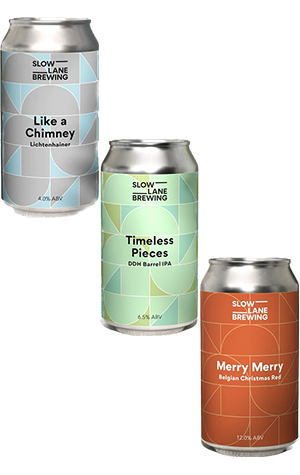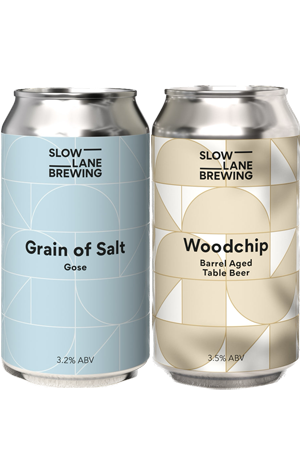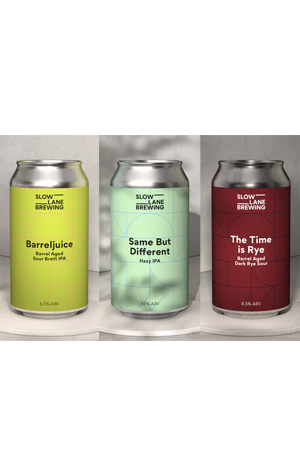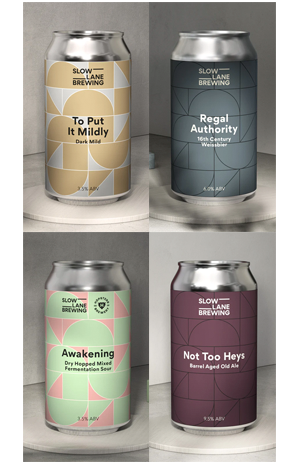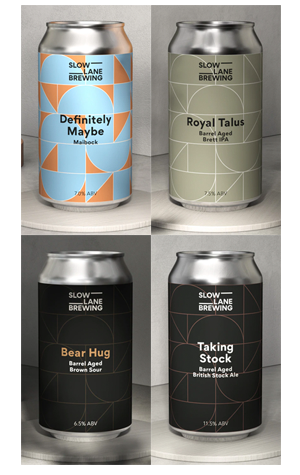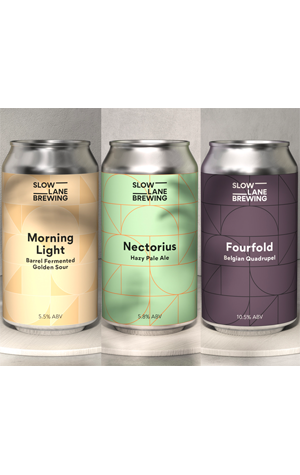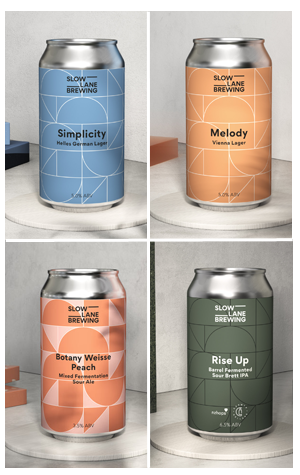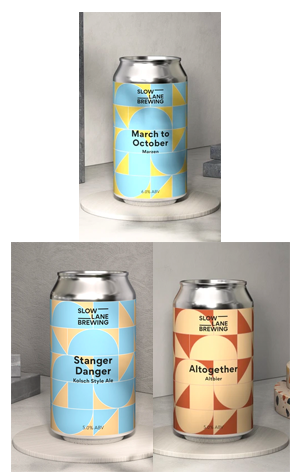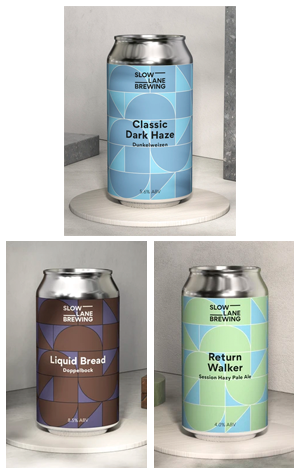The tents in Munich’s Theresienwiese might have been packed away three weeks ago, but that hasn’t stopped the flow of Oktoberfest beers rolling out around Oz. That’s not snark, by the way. October in Australia over the last two years has turned into a lagerphile’s paradise. One can scarcely walk down the street without being accosted with a Helles and currywurst and, frankly, that seems as close to heaven as can be found in this mortal plane.
Take Botany's Slow Lane, for example: despite already having ten German style beers in cans, they've opted for an even dozen with the release of a couple of beers rarely seen anywhere anymore.
Originally hailing from Regensberg in Bavaria, roggenbier is essentially a dunkelweizen but using malted rye instead of wheat. The mere mention of rye generally strikes fear into the hearts of brewers, because it lacks the husk of barley and wheat – thus, without that bit of extra roughage in the mash, you’re basically creating a sweet, gummy glue that doesn’t easily allow water through to dissolve the sugars. This is called a stuck mash and is a tremendous pain in the arse. The fix is usually to include rice hulls in the mash to act as the husk the rye is missing, but you’re almost always going to have dramas, regardless.
At 4.5 percent ABV, A Rye Sense of Humour is on the lowest end of the alcohol spectrum for a traditional roggenbier. The result is an extremely light-bodied beer that’s still smooth and creamy. There’s a type of rustic French bread called a miche made with rye and other grains and, to me, this was basically a lovely dark sourdough miche in liquid form. Cola spice rye and bready barley malt with a kind of bitter toffee like sweetness. A good miche is also a bit sour and although there’s no tartness to be found here, it really does smell like there should be.
A kellerbier is native to the Franconian region of Bavaria and is one of the oldest styles of German lager. Literally translating to cellar beer, kellerbiers were brewed in the cooler months and then left to lager in caves in oak casks. The beer would then be transported to the local tavern and served direct from the cask. That means you’d have a cloudy and very lightly (if at all) carbonated lager, each with its own character. Funnily enough, for a beer that would normally rest for months at a time before serving, Slow Lane’s version has probably spent less time conditioning than 90 percent of the rest of their beers.
Named Simple Living, this is fresh, soft and an absolute dream to drink. There’s a bit of classic Hallertau spicy hop on the nose along with bread and cracker malt. I don’t know if it’s just my mind telling me things based on its hazy appearance but the mouthfeel is pillowy soft and gorgeously creamy while remaining fresh and clean with a mild bitterness. Between this and the remarkably similar Burnley Brewing Co’s Zwickelbier, I think I might have found my new favourite Oktoberfest treat!
Judd Owen
Published October 27, 2022 2022-10-27 00:00:00









